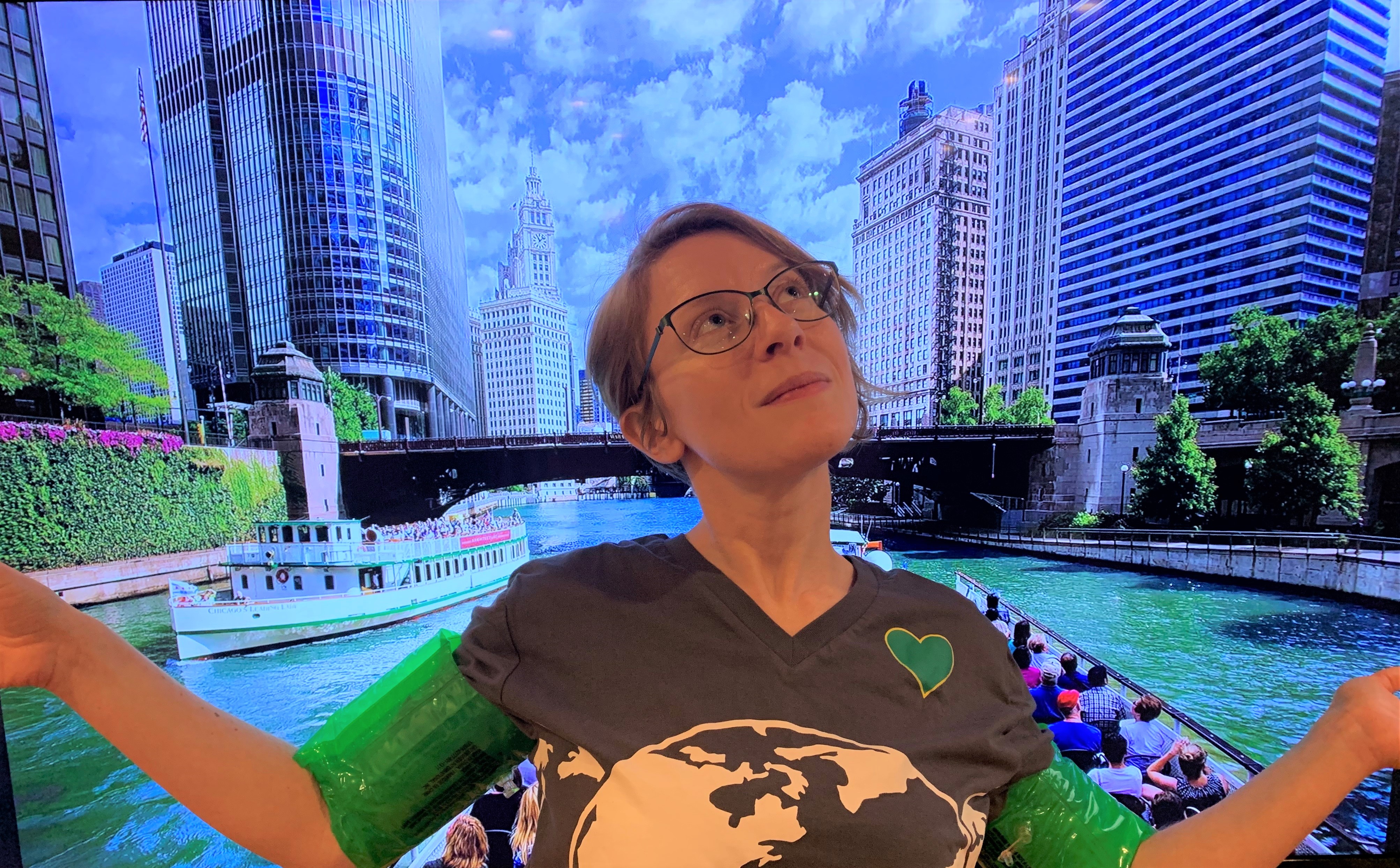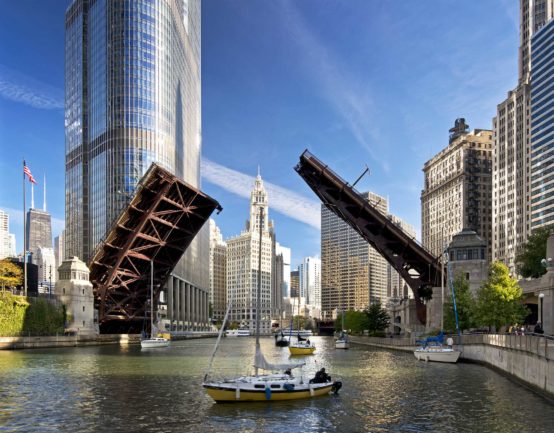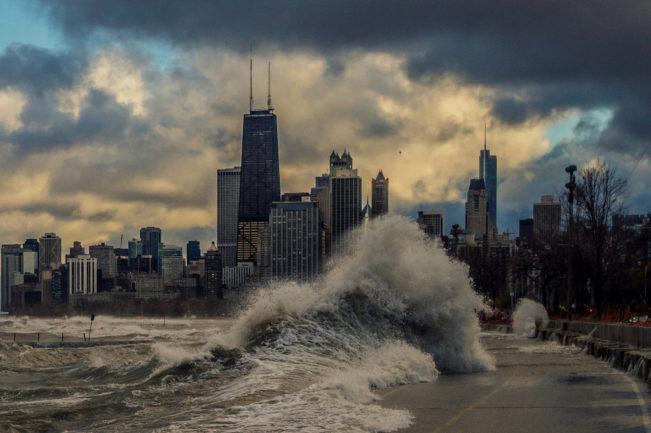Taking the Plunge – A Greenheart Insider’s Take on Water Quality & Conservation

“We never know the worth of water until the well is dry.” – Thomas Fuller
We’re pouring out our (Green) hearts this month by focusing on the importance of water quality & conservation in the 2019 Greenheart Theme: Standing With the Environment. We invite our March Inspiration holder and Greenheart External Relations Manager, Bonnie Washick, to tell us a personal story from our sweet home, Chicago.
Let’s dive in, shall we?
“Last year, I learned something quite shocking about the Chicago River, which is just blocks away from Greenheart’s office: over one hundred years ago, Chicagoans reversed the direction that the river flowed. Why? They wanted to send pollution downstream and away from Lake Michigan, which they relied upon for drinking water,” says Bonnie. “This year, I learned that the same river will become home to the world’s first mile-long floating eco-park, the Wild Mile.”

“These two stories offer dramatically different visions of our relationship to water, here in Chicago,” says Bonnie. “The first is an attempt to rid a long term issue with an expensive engineering concept that would make local pollution someone else’s problem — sorry St. Louis!” Bonnie explains, “The second story, represents the Chicago River as a home to local wildlife in order to offset the commercial wonder of Chicago’s famous shopping district, the Magnificent Mile.”
“Of course, we must consider that the Chicagoans who haphazardly reversed the flow of the Chicago River were not the first to inhabit the area,” says Bonnie. “The indigenous Anishinabek people who lived in and around the Great Lakes of Canada and the United States, before they were called by these names, view water as life and a common ancestor to us all.” She explains, “Water, or ‘nibi’ in the Anishinabek language, is not a resource to be exploited, but more like an elder who one would approach with gratitude and respect.”
“I consider myself a mindful, environmentally-conscious person,” says Bonnie. “I turn off the faucet when I’m brushing my teeth and I keep my showers short… but, if I’m being honest, I don’t approach water with gratitude, much less a sense of kinship.” She says, “Would those earlier Chicagoans have reversed the flow of the river if they thought of water in this way? Would they have carelessly polluted the river in the first place? As local leaders meet to plan the Wild Mile eco-park, how might considering the Anishinabek view shape our plans?

Bonnie says, “I’m grateful for the unexpected cultural exchange and opportunity to learn about the Anishinabek view of water, both as I sat down to write this blog and in light of an upcoming Chicago North Shore Channel Nibi (Water) Walk. This ceremonial prayer walk was organized with the help of Greenheart’s Carly Visk and will be led by Sharon Day, an Anishinaabe Grandmother, on Saturday, March 23.”
Bonnie pledges to be more mindful of the water that sustains her and asks you to consider these remaining questions:
How were you raised to think of water?
Where does the water you use come from and what is the history behind that source?
Do all people have access to the same quality of water?
What might I do differently if I view water differently, as kin or a respected elder?
Let these questions flood your thoughts this month and consider the importance that water has on your life. From a cultural standpoint, access to water varies and we encourage you to challenge yourself to conserve water for people, wildlife and our planet.
Visit us on Facebook and Instagram to learn more from our monthly inspiration holders as we stand together with the environment each month and create a lasting, ripple effect.
Thanks for reading!